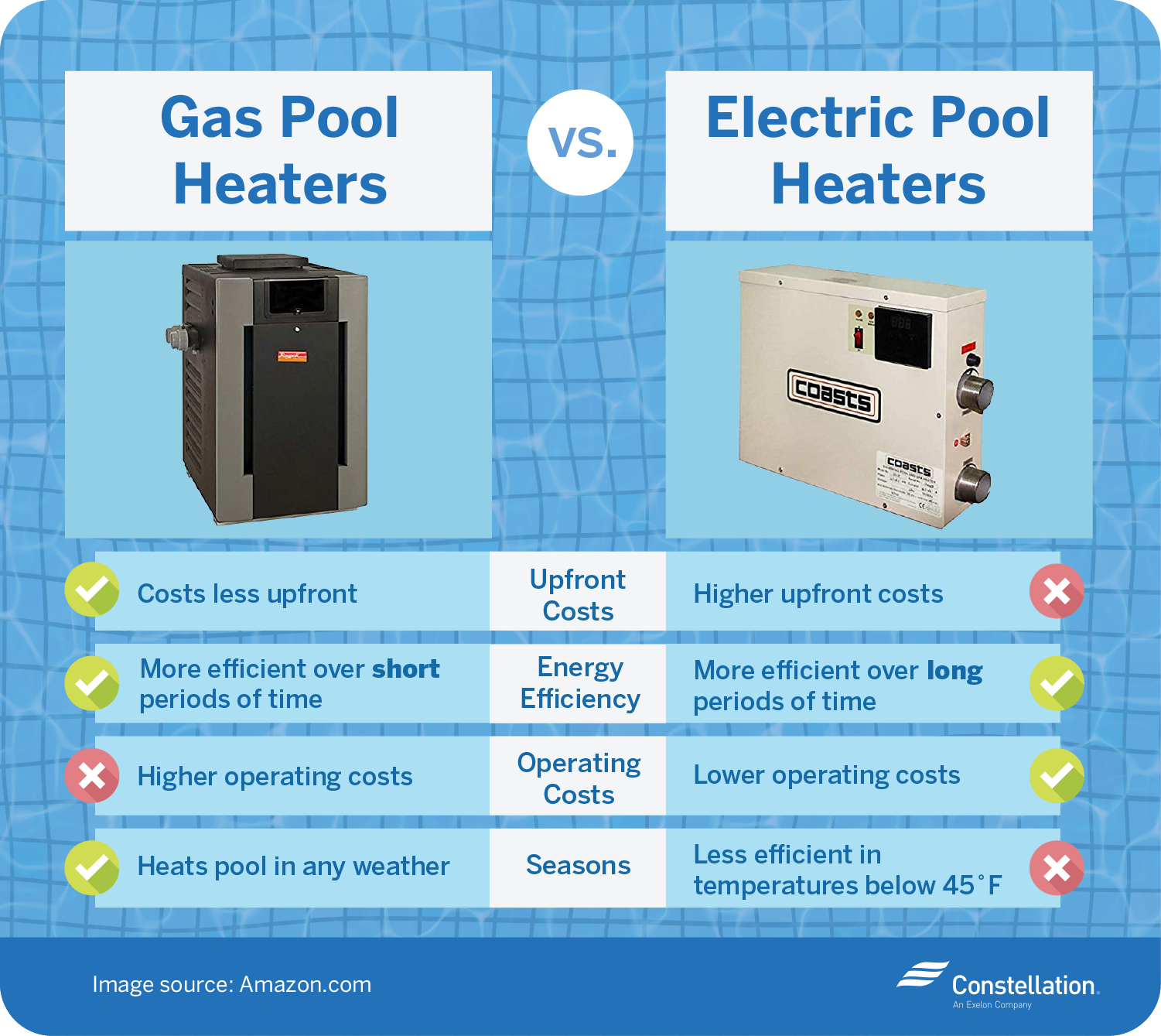Not known Incorrect Statements About "Investing in a Tankless Water Heater: How It Can Save You Money in the Long Run"

Spending in a Tankless Water Heater: How It Can easily Conserve You Money in the Long Run
When it comes to house expenses, home heating water is usually disregarded as a significant factor to month-to-month bills. Conventional water heating systems, which stash and regularly warm a big tank of water, can easily be energy-consuming and expensive to work. However, there is an substitute – tankless water heaters – that are acquiring recognition for their electricity effectiveness and cost-saving benefits.
A tankless water heater, likewise understood as an on-demand or rapid water heater, works in a different way from conventional designs. As an alternative of holding and constantly heating a big amount of water, tankless units heat the water just when it is required. This method removes standby heat reduction – the electricity lost when warm water rests unused in the storage space container.
One of the primary perks of spending in a tankless water heater is its power productivity. According to the U.S. Department of Energy, tankless versions can be up to 34% much more dependable than standard storing containers. This boosted effectiveness converts right into substantial cost savings on electrical bills over time.
The electricity savings happen from several variables. Initially, tankless devices are merely turned on when scorching water is required, which implies they do not regularly take in power like conventional heating systems. Second, since there is no requirement for a storage container that need to have constant heating, there is no standby warm reduction affiliated with tankless systems.
In add-on to lessening power usage and reducing electrical costs, putting in in a tankless water heater gives long-term economic benefits that produce it an eye-catching option for home owners. Below are some means how it can easily spare you money:
1. Reduced Energy Costs: As stated earlier, the energy productivity of tankless models leads to reduced heating price contrasted to traditional heating units. By switching to a tankless unit, individuals can assume noticeable cost savings on their monthly energy costs.
2. Longer Lifespan: Tankless water heating systems possess an average life expectancy of 20 years or additional, which is substantially longer than typical versions that might last anywhere between 10 to 15 years. This prolonged life expectancy suggests that property owners will definitely not have to change their water heating system as regularly, conserving them amount of money on substitute and setup costs.
3. Reduced Maintenance: Conventional water heating systems call for routine upkeep, such as flushing the tank to get rid of sediment build-up. Tankless systems, on the other palm, possess marginal maintenance criteria. With Read More Here and periodic descaling, tankless water heaters can easily continue operating properly without pricey upkeep sees.
4. Authorities Incentives: In some locations, homeowners may be entitled for federal government incentives or discounts when they put in in energy-efficient devices like tankless water heaters. These incentives can aid made up for the preliminary cost of purchasing and putting in a tankless system.

5. Improved Home Value: Putting in a tankless water heating system may enhance the value of your house. Possible buyers are often attracted to energy-efficient features that can easily conserve them funds in the lengthy run, helping make your home extra appealing in a competitive actual real estate market.
While there are actually certain monetary perks to committing in a tankless water heating system, it is vital to consider some variables prior to producing the switch:
1. Upfront Cost: Tankless devices generally have a higher upfront price reviewed to standard versions due to their state-of-the-art innovation and setup requirements. Having said that, over time, the savings on electricity costs will certainly balanced out this preliminary investment.
2. Setup Requirements: Switching from a conventional storage-tank water heater to a tankless system might need adjustments to your property's pipes and power devices. It is critical to seek advice from along with a specialist plumbing or contractor before creating any kind of adjustments.
3. Scorching Water Need: Tankless water heaters offer hot water on need but have limits concerning simultaneous usage in numerous faucets or appliances within your property. It is important to determine your home's very hot water demands and select an properly sized unit that may satisfy those needs.
In final thought, investing in a tankless water heating unit can conserve you money in the long run with raised power productivity, lesser utility bills, decreased maintenance price, and prospective federal government incentives. While there may be some upfront costs and installation requirements to think about, the economic perks and extensive lifespan of tankless systems create them a smart assets for residents appearing to reduce their electricity usage and save funds over opportunity.
